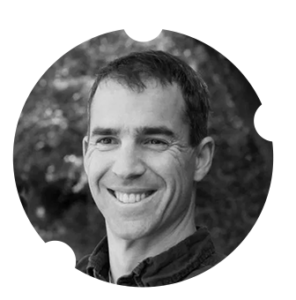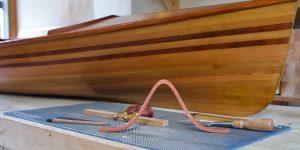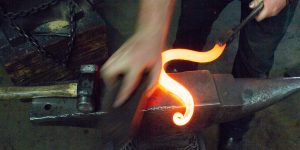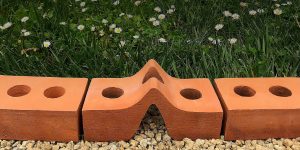-
 BETTER DATA
BETTER DATA
DEEPER INSIGHTS
SUPERIOR TEAMWORK
About treynor consulting
Our Mission
We help innovators turn their high-performing chemical and biological creations into more affordable products for the consumers who need them.
Our People
Treynor Consulting was founded in 2018 by two executives with a passion for contributing their blood, sweat and mental gears to solving technical challenges in chemical and biological product development. The work they do with their clients is enhanced by their extensive network of leading professionals with expertise in software engineering, laboratory automation, synthetic chemistry, materials chemistry, metabolic engineering, protein engineering, mechanical engineering, database architecture, data science, data visualization and data warehousing.

Tom Treynor
CTO and Principal Consultant
Tom has over a decade of experience in industrial biotechnology, where he’s worn his lab coat alongside everyone from strain improvement scientists to analytical chemists to process engineers and Brazilian plant operators. He is passionate about helping all manner of technical experts to design more efficient and effective experiments, and to use their data to develop remarkably reproducible research processes and robust manufacturing processes in surprisingly little time. The breadth and depth of his experience brings a complementary perspective to any team, one that is rooted in fundamental principles of physics, chemistry and biology.
Tom is a co-founder of R2DIO and the chief designer of its unique R&D Software that helps interdisciplinary technical teams collaboratively collect and prepare their data for rich statistical analysis and effective data science. He was previously VP Product Development and Application Support at Riffyn. While Director of Test Operations at Zymergen, Tom led a team of Fermentation Engineers, Analytical Chemists and High-Throughput Screeners that crafted some of the world’s most accurate strain performance measurement systems. As both a Principal Quality Engineer and Protein Engineer at Amyris, Tom made distinct contributions to the development of its anti-malarial, fuels, polymers, lubricants and F&F products. Tom also innovated high-throughput screening methods as a post-doctoral protein engineer at Caltech, after receiving his Ph.D. in Chemistry from Stanford and a combined B.S./M.S. degree in Chemistry from Yale.
Some specific examples of Tom’s accomplishments can be found here:
Our Website and Our Logo
Most statistical methods used in our laboratories implicitly assume that our unexplained process variation resembles a Normal distribution, also called a Gaussian distribution. But laboratory noise is neither inherently bell-shaped, nor intrinsically centered on the values we are trying to measure. In fact, it’s those surprisingly common deviations from normality that are a major cause of experimental irreproducibility and failed tech transfer. Deviations from normality can also cause scale-up failure when we overlook those significant biases in our bench-scale measurements.
The problem isn’t the statistical methods, it’s the noise. Alternative statistical methods that relax the assumption of normality or rely on data processing are still subject to their own Garbage In, Garbage Out scenarios. Moreover, they unnecessarily sacrifice the unrivaled power of Gaussian distributions to detect true signals and reject false positives.
Treynor Consulting fixes the noise by shaping it. At the same time that we reduce the frequency and magnitude of the deviations from normality, we also tighten the resulting Gaussians to reveal more and more of the commercially relevant signals that would otherwise escape tomorrow’s experiments with yesterday’s noise. The fundamental law of signal averaging is that a 2-fold reduction in noise is equivalent to a 4-fold increase in capacity (people, equipment, etc), but the positive impact of these investments on the speed of product development and the coordination of technical teams is even greater when, simultaneously, deviations from normality are made smaller and less frequent.
Shaping noise is not the only thing we do to generate better data, deeper insights and superior teamwork for our clients, but it’s a big part of the equation. So we invited a number of San Francisco Bay Area craftsmen to shape hard materials into Gaussians themselves, and we’ve posted pictures of their handiwork across our site:
Gaussian Woodcraft
Andy Stacklin
(Stacklin’s Playwood)

We hope you are as inspired by their craftwork as we are.


